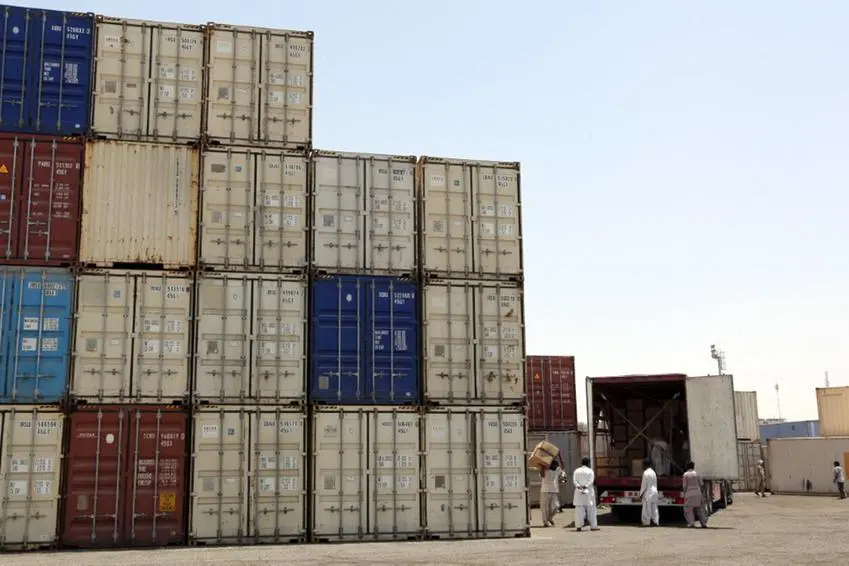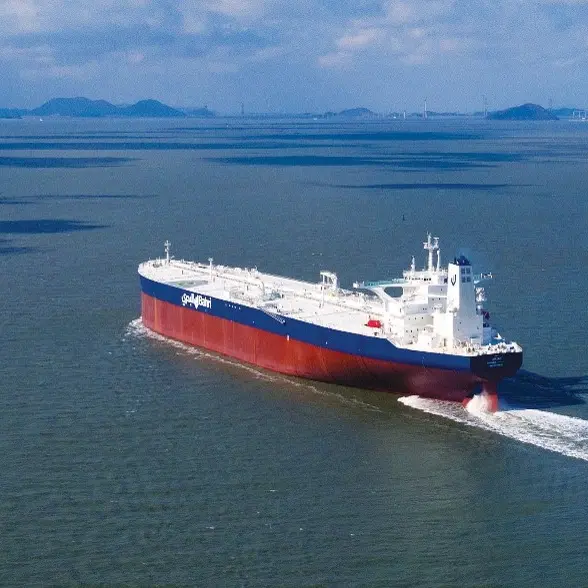PHOTO
MUSCAT: Port of Salalah – a major Omani logistics hub overlooking the Indian Ocean - is banking on the launch of the Gemini Network, a global vessel-sharing agreement between shipping giants Maersk and Hapag-Lloyd, to offset a downtrend in container throughput recorded at the Omani port over the past year.
That decline is largely attributable to disruptions in maritime shipping in the Red Sea linked to the ongoing Gaza War. Container volumes slumped 13 per cent to 2.5 million TEUs (twenty-foot equivalent units) during the first nine months of 2024, down from 2.9 million TEUs a year earlier.
“The decrease in volume is mainly attributed to the Red Sea issue,” said Braik Musallam al Amri, Chairman, Board of Directors, Salalah Port Services Co. SAOG, in the Directors’ report for the third quarter of 2024.
While cautioning that current containerized cargo trends are expected to persist for a while, the anticipated launch of the Gemini Network will help buoy volumes in the first quarter of next year, Al Amri noted.
By Q1 2025, the maritime hub will be prepared to receive the Gemini Network, a global vessel-sharing agreement between Maersk and Hapag-Lloyd, with the Port of Salalah serving as a strategic hub. “This will coincide with increased terminal capacity becoming available at the same time and volumes are expected to increase as a result of the Gemini Network,” the Chairman stated.
In September, citing continued safety concerns in the Red Sea, Maersk and Hapag-Lloyd announced their joint plan to phase in their Cape of Good Hope network for the commencement of the Gemini Cooperation on February 1, 2025. The network’s ambition is to deliver industry-leading schedule reliability of above 90 per cent once fully phased in, ensuring efficient and flexible services across the East-West trades. The Cape of Good Hope network will include 29 mainliner services supported by 28 intraregional shuttle services and will be operated by a fleet of around 340 vessels with a total capacity of 3.7 million TEU.
Meanwhile, general cargo volumes handled by Salalah Port climbed 7 per cent to 16.950 million metric tonnes during the first nine months of 2024, up from 15.820 million metric tonnes for the same period in 2023. The increase was fuelled by higher dry bulk volumes of limestone and gypsum.
The general cargo outlook is expected to remain stable, with dry bulk commodities, particularly limestone and gypsum, playing a crucial role, said Al Amri.
“Demand for these materials from key markets in India and Southeast Asia, driven by the construction and manufacturing sectors, is likely to remain strong. Despite global economic uncertainties and fluctuating freight rates, these sectors are less vulnerable to short-term demand shocks. Combined with improved performance in breakbulk, such as cement exports, and growth in the liquid segment, volumes are expected to surpass those of the previous year by the end of 2024,” he added.
2022 © All right reserved for Oman Establishment for Press, Publication and Advertising (OEPPA) Provided by SyndiGate Media Inc. (Syndigate.info).





















